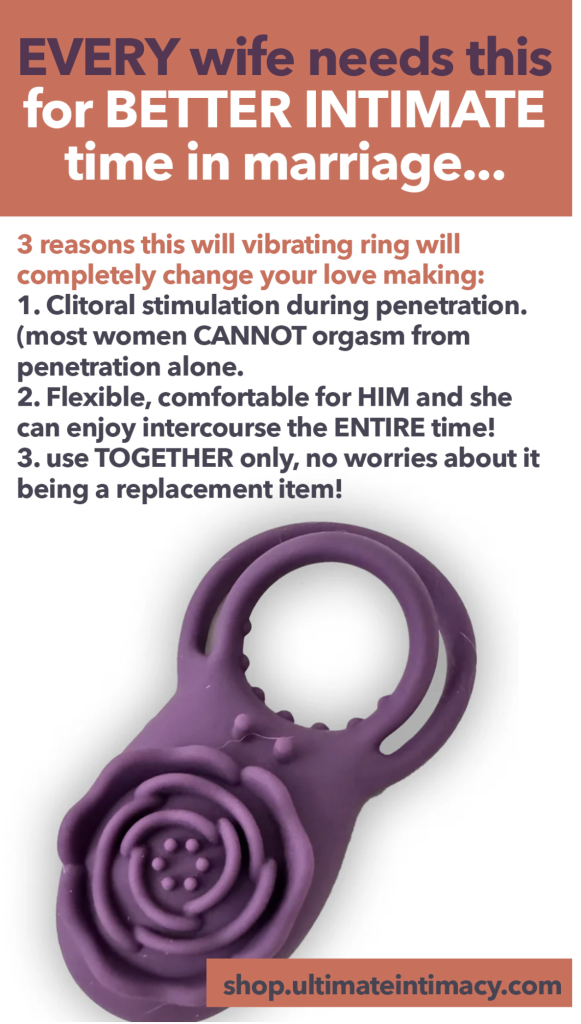In marriage emotional safety is not optional. It is the soil in which trust trustworthiness and real intimacy grow. When emotional safety is present spouses are free to express fears hopes vulnerabilities without fear of rejection ridicule or abandonment. When it is absent even small conflicts can fester leaving distance bitterness or worse.
Below we explore what emotional safety is exactly how common its breakdown is what the research says about its effects and how spouses can build it consciously.
What Is Emotional Safety
Emotional safety in marriage means both spouses feel understood respected and supported. It means that thoughts feelings vulnerabilities and needs can be shared without fear of judgment criticism shame or rejection. It means that disagreement and conflict are possible but handled in ways that protect the bond rather than destroy it.
Some clear signs that emotional safety is present include:
- You can share negative feelings like anger disappointment or fear without expecting backlash.
- You feel accepted as you are without needing to hide parts of yourself.
- Conflicts are discussed calmly without personal attacks.
- Vulnerability is welcomed rather than being treated as a weakness.
- You trust your spouse not to deliberately shame you or use your vulnerability against you.
On the other hand when emotional safety is missing you may see patterns like criticism contempt secret keeping emotional withdrawal or unpredictable reactions.
402. What Does Emotional Safety Look Like In Marriage.. And What Are The Things That Destroy It?

Why Emotional Safety Matters — What Research Shows
Several studies highlight just how much emotional safety matters for both relationship quality and individual well being.
- One large scale study of married people found that those who habitually suppress emotions in their marriage report lower levels of marital satisfaction particularly when their spouse is also suppressing emotion. In contrast when both spouses share more openly their emotions satisfaction is higher.
- Another study found that among protective factors for marital stability globally things like intimacy communication commitment and love are consistently among the most important predictors. Emotional safety and closeness are core to those factors.
- Research from the Institute for Family Studies emphasizes that couples who are most likely to divorce are more likely to have frequent intense conflict negative communication patterns contempt criticism or stonewalling all of which erode emotional safety.
Here are some specific numbers:
- In one survey more than half of couples who reported emotional withdrawal by one spouse also reported lower relationship quality. Although exact numbers vary by study the association between emotional withdrawal absence of vulnerability and relationship distress is strong.
- In the study on emotional suppression among married people (over 1 100 participants) the level of one’s own emotional suppression and the perceived suppression of the spouse both predicted overall satisfaction in the marriage.
These findings suggest that emotional safety is not just “nice to have.” It is integrally connected to the strength longevity and health of marriage.
What Destroys Emotional Safety
Here are common behaviors or patterns that steadily undermine emotional safety in marriage:
- Criticism and contempt: blaming mocking or belittling.
- Stonewalling emotional withdrawal or giving the silent treatment.
- Dishonesty secrets breaking promises.
- Dismissal or disrespect: ignoring or invalidating feelings.
- Aggressive communication: yelling threats or using intimidation.
- Unpredictability: mood swings inconsistent reactions leaving spouse unsure.
- Lack of support: not listening or minimizing the other’s problem.
- Judgment or shame: making the spouse feel bad for feelings desires or mistakes.
Over time these erode trust safety openness intimacy and can lead spouses to withhold or shut down rather than risk vulnerability.

How to Foster Emotional Safety with Your Spouse
Building or restoring emotional safety takes intention consistency and humility. Here are concrete steps spouses can take:
- Listen actively and empathically
When your spouse speaks listen to understand not to respond or defend. Reflect back what you hear so they feel really heard. - Validate feelings even when you disagree
You do not have to agree with everything to affirm that your spouse’s feelings are real valid and worthy of respect. - Apologize sincerely when you hurt each other
Recognizing mistakes owning them and asking forgiveness go a long way to repair safety. - Create routines for open communication and check ins
Regular times where you each can share how you feel how things are going can help catch small issues before they become toxic. - Focus on issues not personalities
Avoid personal attacks blame or shame. Talk about what was done or what happened rather than calling your spouse names. - Be consistent reliable trustworthy
When you say you will do something follow through. Consistency in small behavior builds trust over time. - Encourage vulnerability
Share your fears mistakes regrets. Model opening up. When you do your spouse may become safer to open. - Avoid unpredictable reactions
If your responses are volatile unpredictable your spouse will be cautious or guarded when sharing.
Emotional Safety Is the Foundation
Without emotional safety marriages often struggle with conflict communication trust intimacy and perhaps even stability. With emotional safety spouses feel more deeply connected more able to resolve conflict well more willing to risk being seen and more likely to build lasting intimacy.
Researchers remind us that nearly every aspect of marriage that matters is weakened when safety is compromised and strengthened when spouses commit to preserving safety. If you want a marriage where both of you feel free to be yourselves where connection is more than just routine then emotional safety must become a priority.

Final Thoughts
If you want deeper intimacy with your spouse make emotional safety your project. Identify where safety is missing perhaps in criticism unpredictability or withdrawal. Commit together to habits of listening validating apologising consistency and vulnerability.
When emotional safety is empowered in your marriage trust grows conflict becomes less fearful intimacy becomes richer. That is the path to a marriage that lasts not just in years but in depth.
UandI App
Check out the amazing UandI App to transform your relationship!
Here’s a sneak peek at what’s included:
- Daily Challenges – Emotional and intimate challenges to keep your connection strong.
- Date Night Challenges and Adventures – Ideas and tips for unforgettable date nights.
- Quizzes – Fun ways to learn more about each other.
- Live Polls – Engage in real-time with your spouse.
- Ask an Expert – Get relationship advice from professionals.
- Interactive Games – Including “How Well Do You Know Your Spouse?” and non-graphic sex position games.
- Intimate Conversations – Foster deep, meaningful conversations.
- Secure Chat Feature – A private space for just the two of you.
- Harmony Home – Organize and sync your household chores and schedules.
FREE to Download and Get Started!

We believe this app can be a game-changer for your marriage, helping you build stronger emotional intimacy, stay organized, and even add some extra spice to your relationship. It’s totally free to download, so there’s no reason not to give it a try today!
For more information, visit uandiapp.com and get started on the journey to a more connected, exciting marriage.
We can’t wait to hear how the U&I app helps you and your spouse create the marriage you’ve always dreamed of. Here’s to stronger bonds, more fun, and lots of love!


AMAZING Products To Transform Your Intimacy
We offer tons of great intimate products, card decks, games, lubricants, massage oil and so much more to spice up and enhance the intimacy in your relationship. We are a “Christian friendly” store and offer FREE shipping in the USA! Just click on the image below to go to our store.




